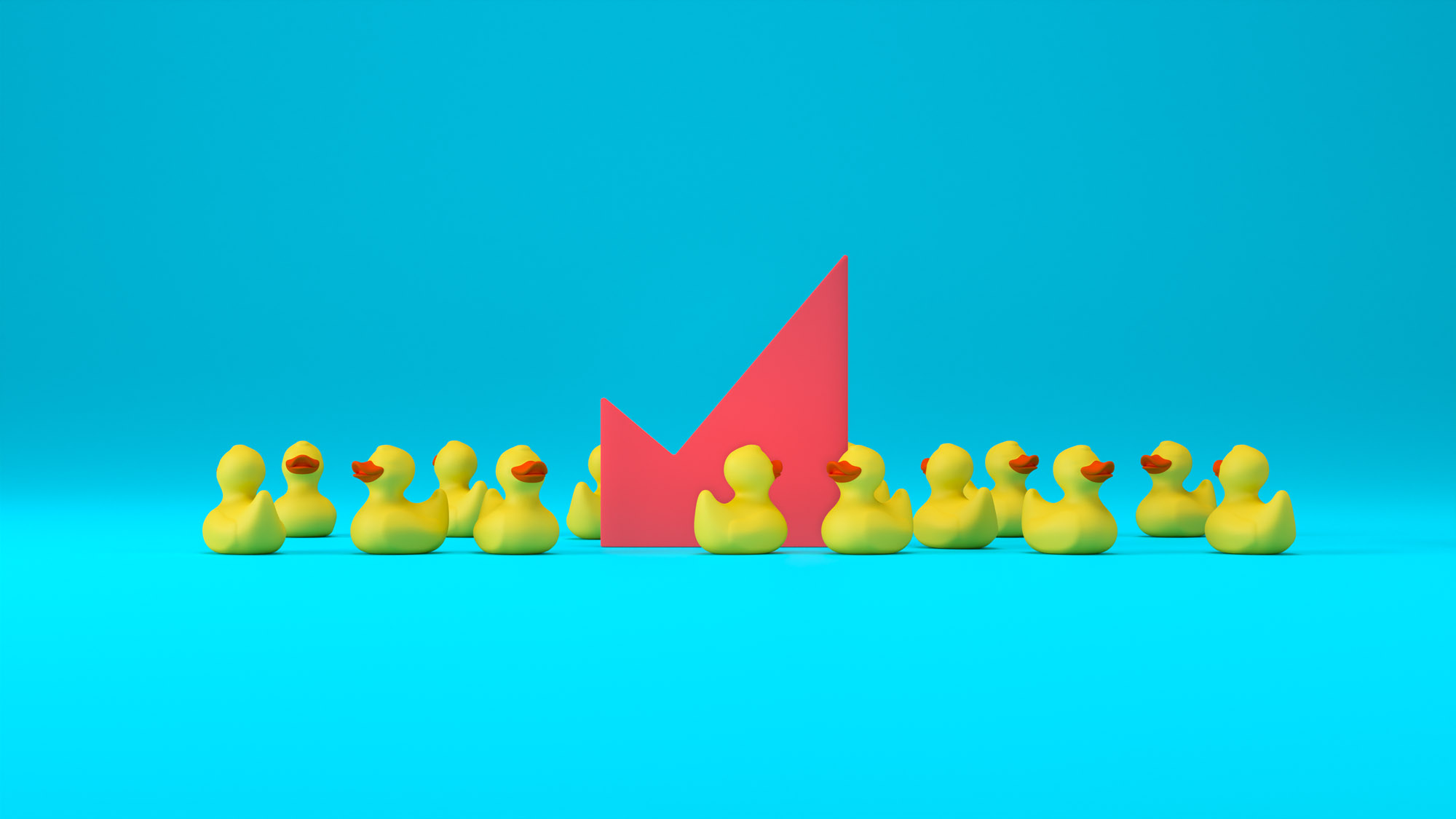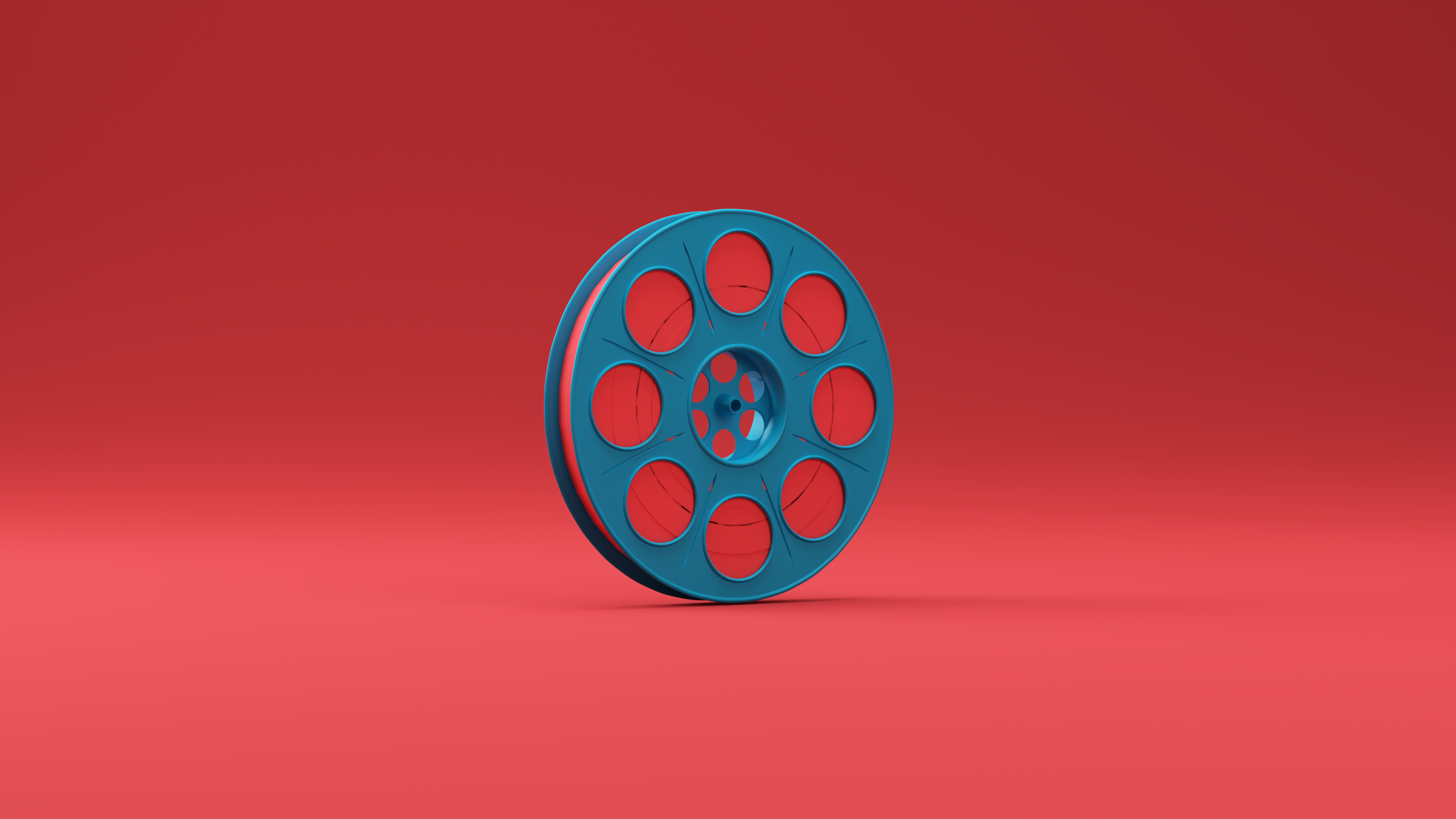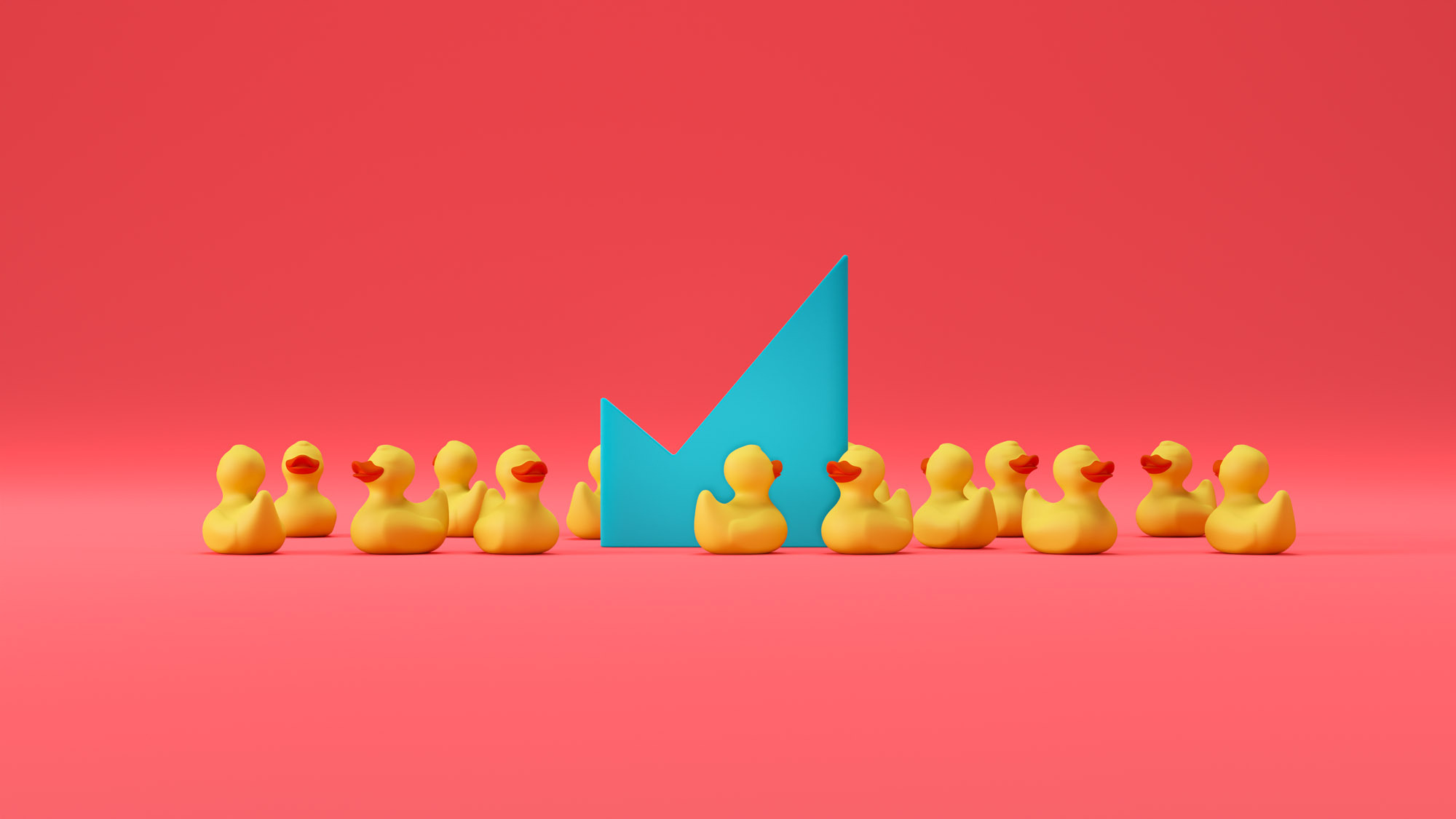David Ogilvy, renowned for his marketing wisdom, left us with a timeless lesson that B2B brands should keep in mind amid today's uncertain economic climate. He emphasized the vital importance of maintaining a clear focus on the ultimate objective of advertising: selling.
In challenging times, this advice might be misunderstood. For contemporary marketers, who have been trained to prioritize measurable call-to-action-based digital activities, branding may appear as a nice-to-have luxury rather than a necessity.
However, it is crucial to underscore the significance of branding, especially during periods of economic turbulence. Often, marketing budgets are slashed, and the first casualties are paid media investments and brand campaigns. Unfortunately, this short-sighted approach fails to recognize the long-term value of branding over short-term activation.
Concentrating solely on the sales pipeline while neglecting the broader brand message leads to reduced product awareness and a shrinking potential customer base.
In today's era of data-driven marketing, client marketers face internal pressure to focus solely on activities that yield immediate revenue, neglecting the bigger picture. The question arises: is this the most effective use of scarce marketing resources in the current climate?
Current economic indicators reveal that many B2B businesses are hesitant to invest. This cautious approach is common during recessions but presents challenges for brands seeking growth opportunities.
The maturity of a brand influences its behavior during recessions. Challenger brands or those in the early stages of growth tend to embrace increased spending. Conversely, more established brands maintain flat investments as they already hold a strong market position. Challengers aim to become household names, while established brands aim to sustain their household recognition.
While B2B investments may be delayed, this does not imply they will not occur. Instead, the focus shifts from stimulating latent demand to nurturing brand awareness. This ensures that your brand remains top-of-mind when economic conditions improve and spending resumes.
With the pool of potential B2B buyers shrinking, every dollar spent on conversion efforts must work smarter and harder. B2B buying cycles are inherently longer and more complex than consumer product purchases, with multiple stakeholders and decision points. In such a landscape, a consistent and compelling branding message is essential, especially when competitors are retreating. This strategic approach has the potential to future-proof your brand.
During a recession, brand investment can yield better results for several reasons. Firstly, there is often less competitive noise, allowing your message to stand out. Secondly, favourable media pricing provides more value for your budget, even if it is reduced. Finally, you are not vying for a slice of a shrinking demand pie.
Over time, brand awareness naturally declines. To remain relevant, brands must continually refill the "awareness bucket." Otherwise, they risk slipping down the consideration list when buyers are ready to make a purchase. To counteract this, use a downturn as an opportunity to solidify your brand's presence in the minds of your audience while competitors pull back.
Investing in brand building requires courage. Clients who step out of their comfort zones and agencies that advocate against short-term thinking will reap the benefits of brand development. Time and time again, we have seen that the most well-known B2B brands are those that maintain a consistent presence in the marketplace, even in uncertain economic times.




